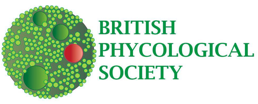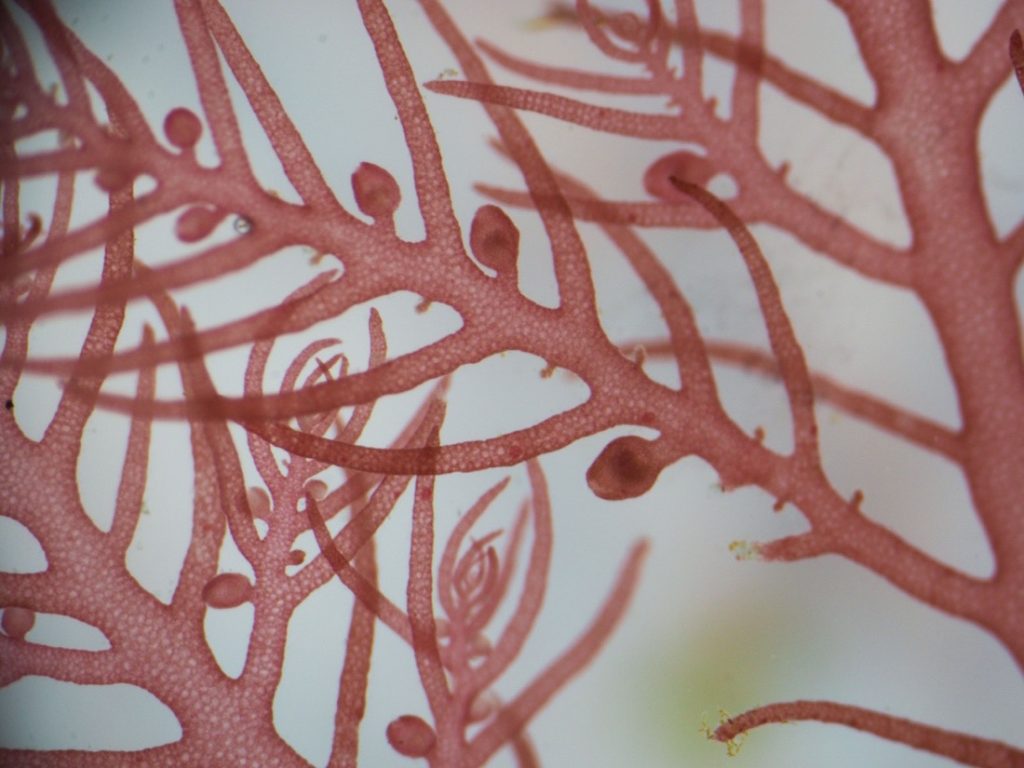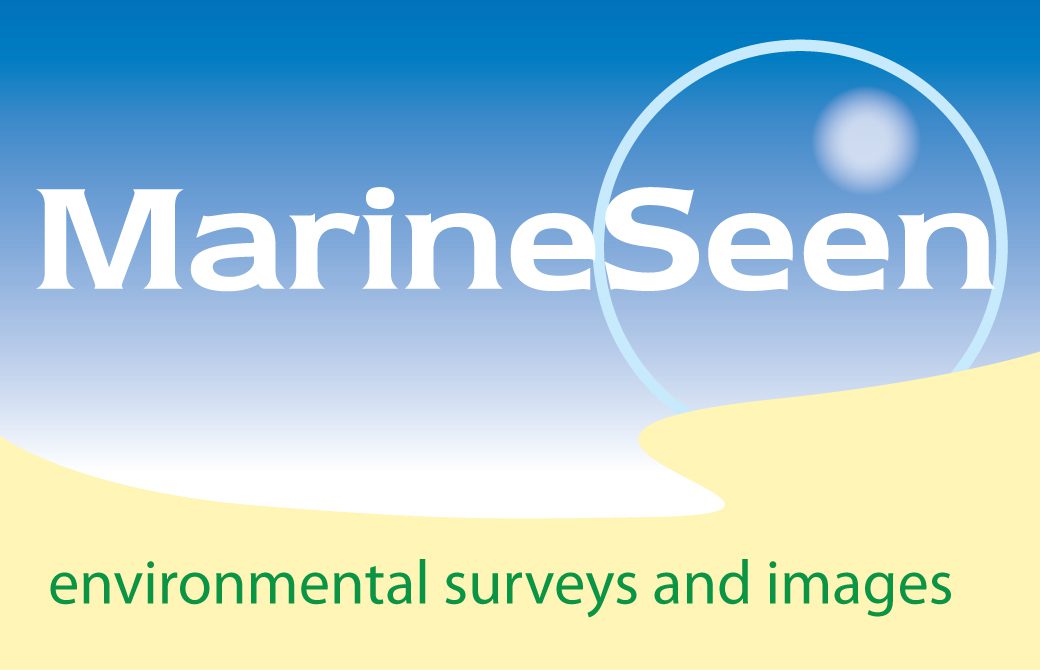

The British Phycological Society in association with the University of Plymouth
COLLECTING & IDENTIFYING SEAWEEDS
Plymouth University Marine Station 7th – 10th May 2024
A field course by:
- Professor Christine Maggs (Belfast University)
- Francis Bunker (MarineSeen)
- Professor Jason Hall-Spencer (University of Plymouth)
- Professor Juliet Brodie (Natural History Museum)
- Anne Bunker (MarineSeen)
A field course designed for those who want an introduction to seaweed identification and taxonomy. Numbers will be limited to enable the tutors to cater for individual needs of interested amateurs, professional biologists requiring further training or refreshers, students (graduate and post-graduate), artists, and those working with the Water Framework Directive.

Topics to be covered – Introductory Section
- The common shore species and how to identify them
- Rock pools, overhangs and special seaweed habitats
- Use of keys and identification guides, microscopes and identification in the lab
- Pressing seaweeds
- Water Framework Directive Species Identification
Topics to be covered – Advanced Section
- Identifying seaweeds from ‘difficult’ marine habitats e.g. marinas and lagoons and recognising non-natives.
- The beautiful slime: Identifying filamentous red, brown and green seaweeds
- Difficult flat red seaweeds.
- Encrusting seaweeds
- Laboratory techniques for sectioning and staining
- Preparing specimens for DNA extraction and analysis techniques
- Culture of seaweeds for research purposes
Location
The Plymouth area has an exceptionally diverse intertidal flora and offers habitats for marine algae ranging from open coast to sheltered rock and sediment and from fully saline to estuarine conditions. The Plymouth University Marine Station is an ideal location at which to base this course with its excellent laboratory facilities (with ready supplies of running seawater) and proximity to field sites.
Outline Course Programme:
The course will start at 0915 on Tuesday 7th May and end at 1500 on Friday 10th May (Sites chosen for field visits may vary depending on weather conditions etc).
Day 1 – Introductory lecture followed by a field trip to a local shore for collection and later laboratory identification.
Day 2 – Laboratory identification of collected specimens, short lectures on a variety of topics, field trip to a contrasting habitat.
Day 3 – Laboratory identification of collected specimens, short lectures on a variety of topics, field trip to a contrasting habitat.
Day 4 – Laboratory identification and further brief lectures and a chance to do more difficult and specialised identifications.
Costs and applications
The course fee is £450.00 (inc VAT) which will cover the teaching and use of laboratory facilities (excluding food and accommodation).
Application forms
NB: Please check course availability first for the course by contacting the course administrator Sally Archer-Thomson at archerthomson@btinternet.com. Sally will email you back to confirm either way. If there are places available you will be provisionally added to the booking list. All fees are payable in advance (before 30th March 2024) to MarineSeen. If order numbers are required prior to invoices being paid, please supply ASAP.
Payment
Preferred payment is via BACS.
PayPal is accepted but there is an additional cost to cover their service charge (credit cards can only be accepted through PayPal below). The total course fee cost via PayPal is £470.00 (inc VAT).
Cheques are also accepted (payable to ‘MarineSeen’) and should be sent along with your completed application form to Honey Hook Cottage, Lower Freystrop, Haverfordwest, Pembrokeshire, Wales, United Kingdom, SA62 4ET. Application forms can also be emailed to archerthomson@btinternet.com
PayPal Payments
If you would like to pay by PayPal/credit card please click on the ‘Buy Now’ PayPal button below, which will take you straight to your Paypal/credit card payment screen. Once at this screen you have the option to change the quantity if you would like to book for more than 1 person. (Please do check course availability first)
Travel
Plymouth is well connected by road, rail and ferry. Plymouth University Marine Station is located near Queen Anne’s Battery in Plymouth Sound (see map below).
(See https://www.plymouth.ac.uk/schools/school-of-biological-and-marine-sciences/marine-station)
Accommodation

There are many small hotels, B&B’s & Airbnb’s within walking distance of the Marine Station. See the Plymouth Tourist Information website: https://www.visitplymouth.co.uk/accommodation
Food
Tea, coffee and biscuits will be provided. Course participants must provide their own lunches. There are cafés within walking distance of the Marine Station and the usual variety of supermarkets in town. For evening meals, there are a several good restaurants in the vicinity of the Barbican and It is planned to organize course bookings for Wednesday and Thursday evening for those who wish to come.
Equipment
Course participants are asked to bring:
- Waterproofs
- Wellie boots
- Field Note Book + soft pencil
- Hand lens
- Poly bags / containers for collecting
- Basic dissecting kit (forceps, scalpel, scissors)
- Seaweed press + paper etc. if you want herbarium specimens
- Rucksack
- Flask
- Lunch box
- Identification books – the more the better but particularly:
- Seaweeds of the British Isles series of books and the
- Seasearch Guide to Seaweeds (2nd edition). This will be available to buy at the course.
To be provided:
- Microscopes
- Seawater
If you have a microscope of your own that you like to use, then please do.
